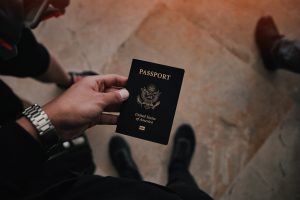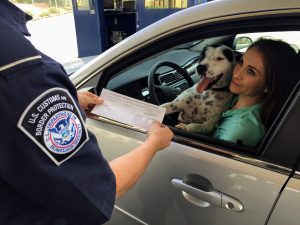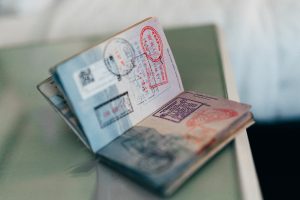Domestic violence is a widespread epidemic that can impact just about anyone. Thousands of women, children, and men alike fall victim to both physical and emotional abuse everyday at the hands of those they consider to be loved ones. The result of such violence can be very traumatizing for the victims, and potentially even deadly.
One segment of the population that is especially vulnerable to abuse is immigrants. By virtue of their tenuous status in this country—whether they are undocumented or not—abuse of immigrants has an exceptionally high potential to go unreported. On top of the numerous, well-documented reasons that nonimmigrant victims of abuse oftentimes do not report the violence, such as emotional manipulation and the threat of further violence, immigrants are also faced with the fear that reporting the abuse could lead to detrimental legal action being taken against them with regard to their immigration status.
There is still much that can and should be done to combat the scourge of abuse, but we as a country have made some significant strides in our efforts to help victims, and immigrant victims in particular.
In 1994, the US Congress passed VAWA: The Violence Against Women Act. Despite specifically referencing “women” in the title, this legislation, amongst other types of relief, provides funds for the investigation and prosecution of violent crimes against both women and men.
VAWA was updated and reauthorized in 2013 to include protections against domestic violence for same-sex couples, as well as amending the Immigration and Nationality Act to provide for relief for immigrant victims of domestic violence.
Certain battered spouses, parents, and children—male or female—may be eligible for VAWA immigration relief, including lawful permanent resident status (“green card”). There are a wide variety of qualifying abuse scenarios, but in all cases the abuser must be either a US citizen or permanent resident. The abuser will not be notified of the VAWA petition, meaning the victim can seek protection and independence without fear of retribution. In addition, for those who do not have the required relationship to a US citizen or permanent resident, may be eligible to seek relief comes in the form of a U visa. This temporary visa provides immigration relief to victims of certain crimes in order to give them incentive to assist authorities in prosecuting criminals without having to worry about deportation or other immigration issues. U-visa holders may also be able to obtain work authorization and potentially permanent legal residency in the US.
If you are in the US and you or your children have been the victim of domestic violence committed by a US citizen or permanent resident, or if you or your children have been the victim of a crime, you can take action to protect yourself without fear of immigration-related consequences. Contact the law office of Saleh & Associates today to set up a confidential consultation to discuss your potential eligibility for VAWA relief or a U visa.







